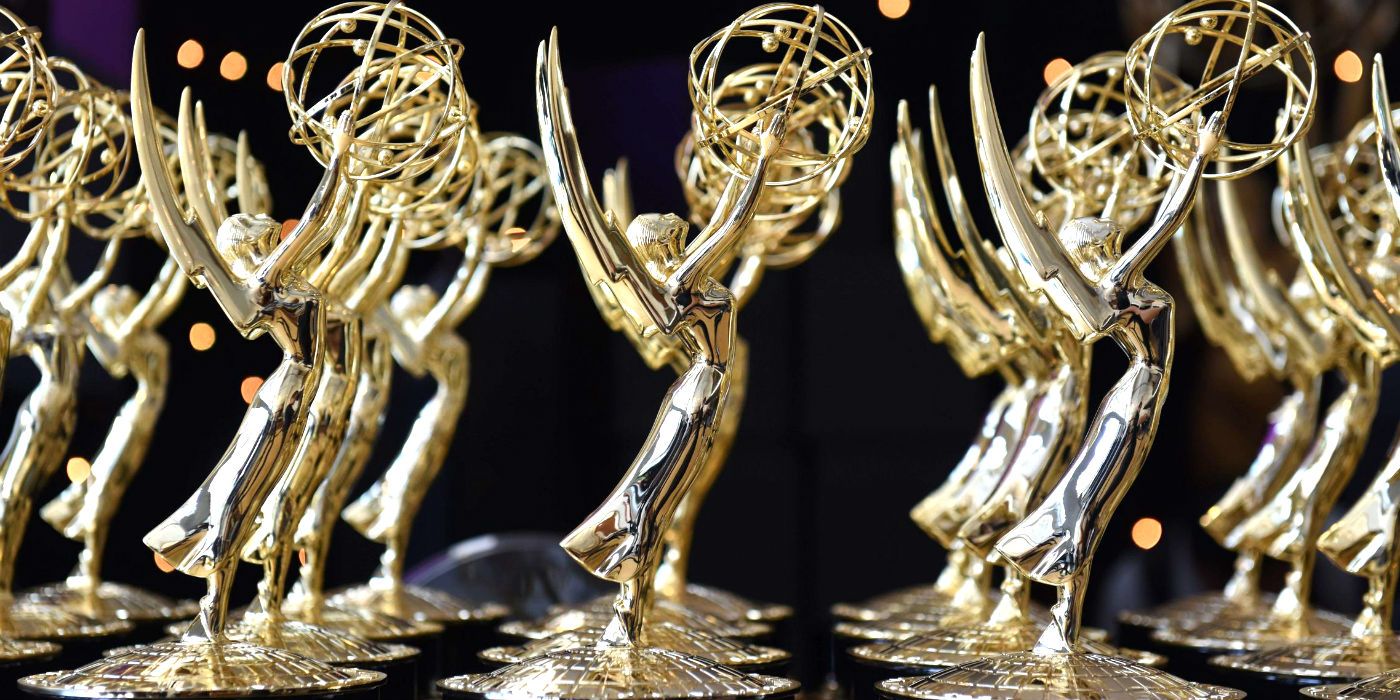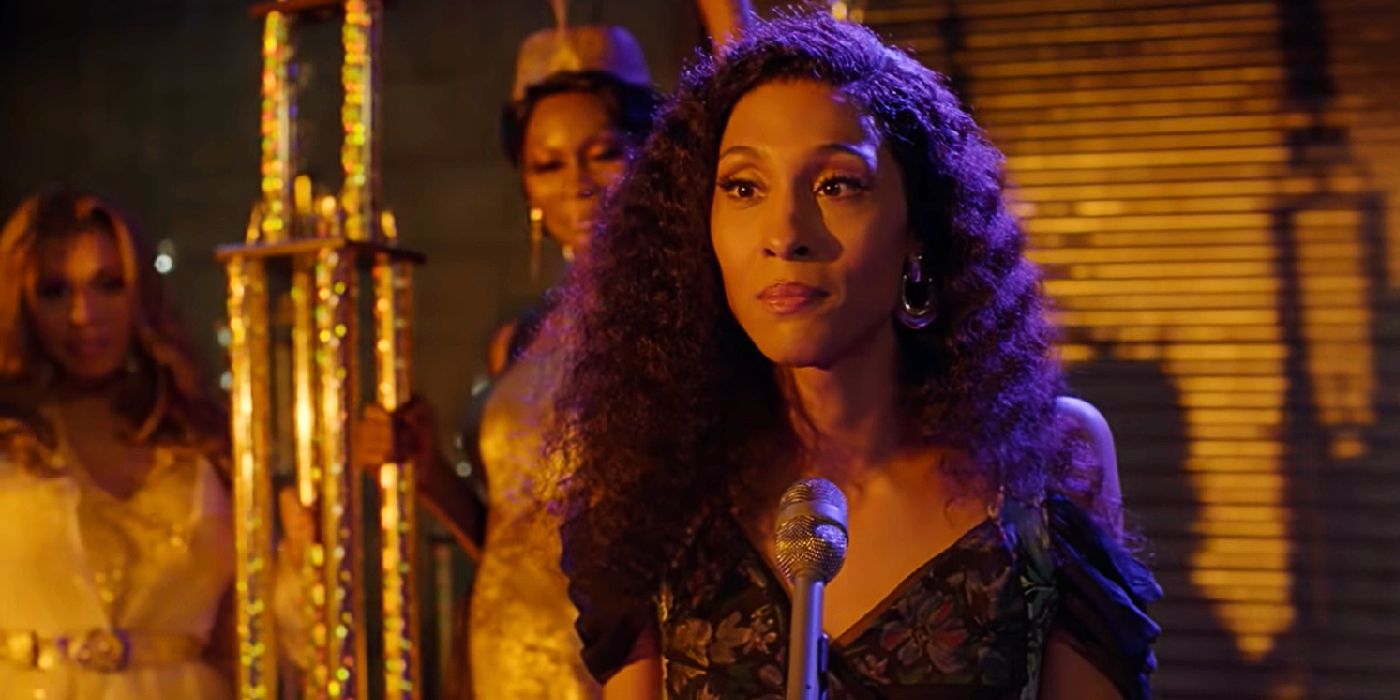During the 73rd Primetime Emmy Awards, #EmmysSoWhite trended on Twitter after only white actors received major acting awards, shutting out nearly half of the acting nominees, a historic 44 percent of which were performers of color. The popularized hashtag gained momentum online after the creation of #OscarsSoWhite in 2015. Coined by activist and media strategist April Reign, #OscarsSoWhite sought to critique the lack of inclusive representation in Hollywood, particularly when nominations for the 87th Academy Awards were released. Since then, variations of the hashtag, including #EmmysSoWhite, have surfaced on social media to address the persistent erasure of entertainers from the global majority.
A year after its creation, #OscarsSoWhite once again trended in 2016, prompting a larger conversation surrounding the ways in which actors of color have been overlooked despite their significant contributions to film and television. In response, Academy President Cheryl Boone Isaacs released a statement pledging to diversify Oscars membership. However, long-term change within the entertainment industry has been notoriously slow. Only a few months ago, the 2021 Golden Globes similarly received backlash after the Hollywood Foreign Press snubbed a large number of critically acclaimed projects created by and starring Black performers. A new study released in March revealed that Hollywood continues to lose $10 billion every year due to its refusal to invest in Black-led projects. During this time, more and more performers have shared their experiences with racism and discrimination.
As reported by THR, white actors won all 12 lead and supporting categories at the Emmys. The casts of Ted Lasso and The Crown notably swept many of the nominations, including lead actor in a comedy series for Jason Sudeikis and lead actor in a drama series for Josh O’Connor. Hacks star Jean Smart, a frontrunner for lead actress, also nabbed an expected win. While many critics had hoped that the late Michael K. Williams would win supporting actor for his powerful performance in HBO’s Lovecraft Country, Tobias Menzies from The Crown landed the award.
When it came to acting awards, Emmy snubs continued throughout the night. MJ Rodriguez, the first transgender performer to receive a nomination for her celebrated work in Pose, also lost to The Crown. Once again, the royal series appeared to be a favorite for Emmy voters, pulling ahead in most acting categories and preventing historic wins for Billy Porter from Pose and Sterling K. Brown from This Is Us. Other acting shut-outs included Michaela Coel’s I May Destroy You, a much-lauded limited series that forcefully explored the searing aftermath of a sexual assault. While Coel received an award for writing, she lost lead actress in a limited series to Kate Winslet. Once onstage, Coel was one of only three actors of color to both win and make a speech.
Considering the rich variety of stories that reached the screen this year, it remains a travesty that the Hollywood industry repeatedly fails to acknowledge the works of creatives of color. The resurgence of #EmmysSoWhite proves that whitewashing continues to exert a toxic stranglehold on the industry. A whole tapestry of dynamic and innovative films and television gripped Hollywood this year, offering up new and thoughtful ways to dig into the human psyche. However, much like the plot of The Crown, the Emmys chose to fall back on staid and stodgy tradition, ignoring the voices who have fearlessly reshaped the media landscape.
Source: THR


